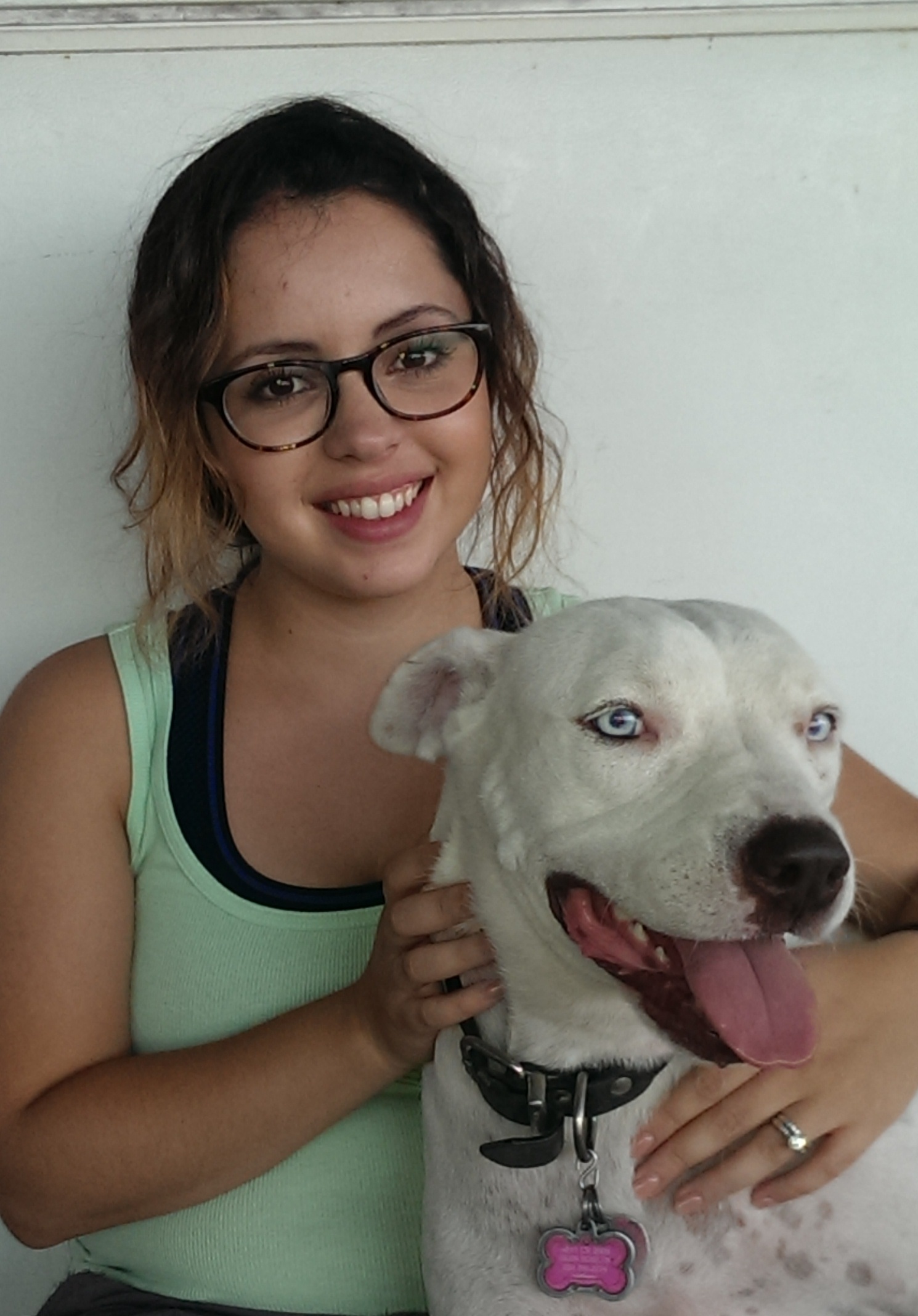
Test caption
(July 22, 2015) – “It was just another night of hanging out in our small town,” Adriana says, describing how the evening began. Upon arriving home from college for the summer, she met up with one of her best friends. Then the two drove to a ranch where he worked outside of town so they could chat and catch up. Shortly after they arrived, he raped her. “I felt helpless, alone, shocked and confused, but mainly empty and numb,” Adriana says.
The emotional impact didn’t end there. Adriana explains, “After going to the police, I went through months of extreme mental suffering.”
To make matters worse, Adriana didn’t feel the support of her community and loved ones; she felt that the police, people in the town and even her own friends and family blamed her for the assault. Not having the support of her community compounded the feelings she was already struggling with, and at times, she even felt suicidal. “I wasn’t able to control my depressing thoughts,” Adriana says. “The scariest and most real emotions I ever dealt with were when I was depressed.”
Adriana has observed first-hand a stigma surrounding mental illness, particularly in multicultural communities. Members of her family had been dismissive of getting help from mental health professionals before. She says that some parents may not want to admit their child is dealing with a mental illness, especially to extended family. “It’s like they consider it shameful or a source of humiliation, like seeking help is a confession to weakness.”
Adriana notes that there can be a stigma surrounding mental illness, particularly in some multicultural communities. She insists that it is important to push past these barriers and get help. “I know firsthand that sometimes seeking professional help seems like a taboo,” she says. “But no one else is suffering for you. Only you know the pain. You have to help yourself.”
Additionally, she stresses that a trauma therapist can play an instrumental role in overcoming mental health challenges after a sexual assault. Adriana wants other survivors to know it is okay to choose carefully when looking for a therapist. She says, “If you find one you are unsure of, keep looking until it’s the right fit and it’s what you want and need.”
Adriana says that coping with the mental and emotional effects of her trauma took time, bravery, and patience. At the suggestion of one counselor, she rescued a puppy. The adoption helped Adriana become more active, by going outside to take Milli on walks and care for her. “Her full name is Milagro, which means miracle,” Adriana says. “She is my best friend and true rescue ranger.” She also took up yoga and read books by other survivors for encouragement.
“It took years, an excellent trauma therapist, long walks, sleepless nights, a lot of tears—but mostly courage,” Adriana says of her healing process. “Today I feel loved, free and accepted.”
She wants to tell anyone struggling with a sexual assault to remember that brighter days are ahead, no matter what they may feel at the moment. “I promise one day your mind will be at rest and your heart will be full of joy,” she says. “Be kind, loving, and patient with yourself,” she adds. “Don’t feel guilty for hurting so badly. Let yourself crawl into bed and cry. Just don’t forget to crawl out and smile.”
July is National Minority Mental Health Awareness Month. To learn more about depression, including how you can get help, visit the National Alliance for Mental Health, and find more resources at RAINN.org.
If you or someone you know has been affected by sexual violence, it’s not your fault. You are not alone. Help is available 24/7 through the National Sexual Assault Hotline: 800-656-HOPE and online.rainn.org, y en español: rainn.org/es